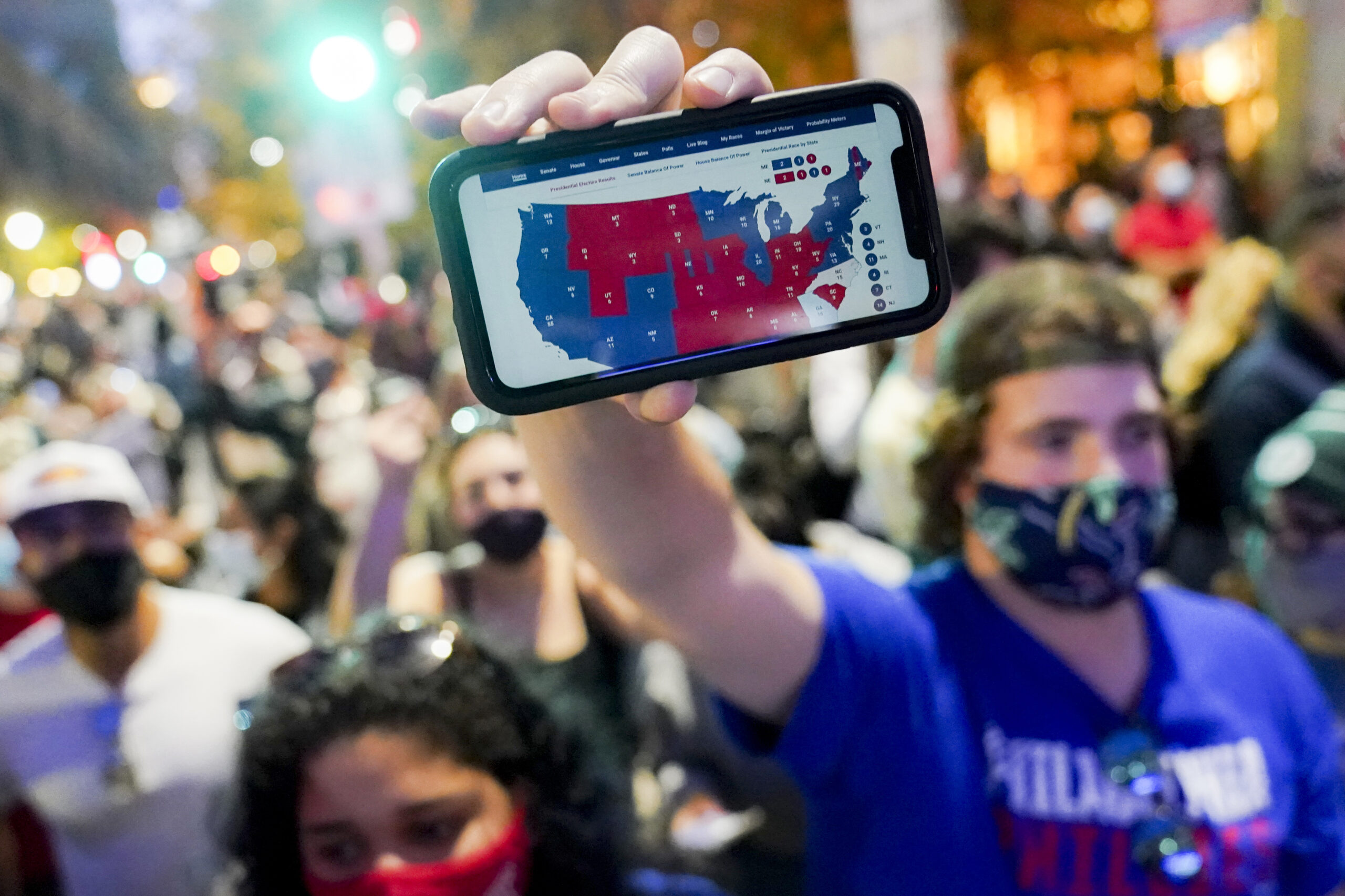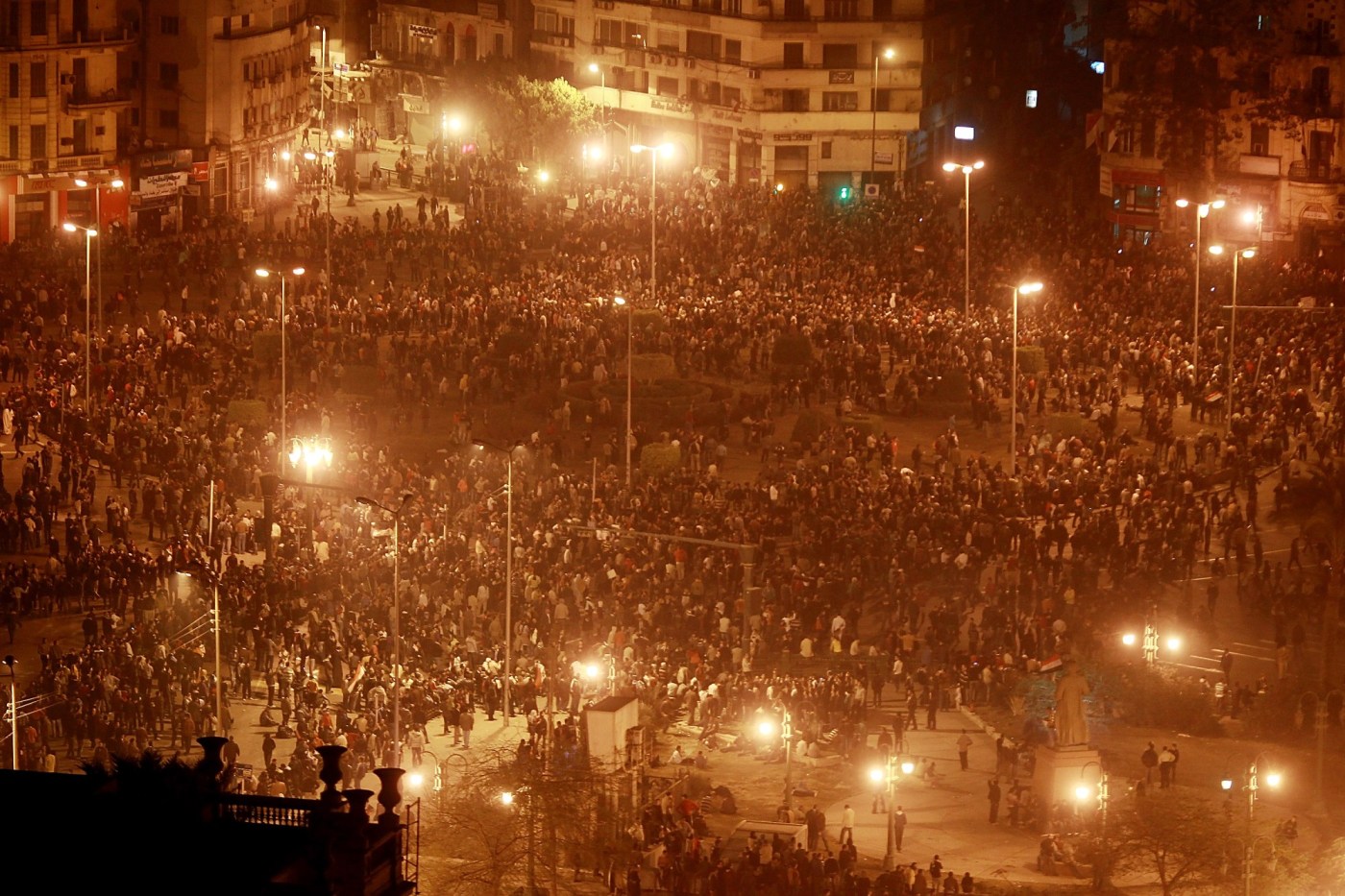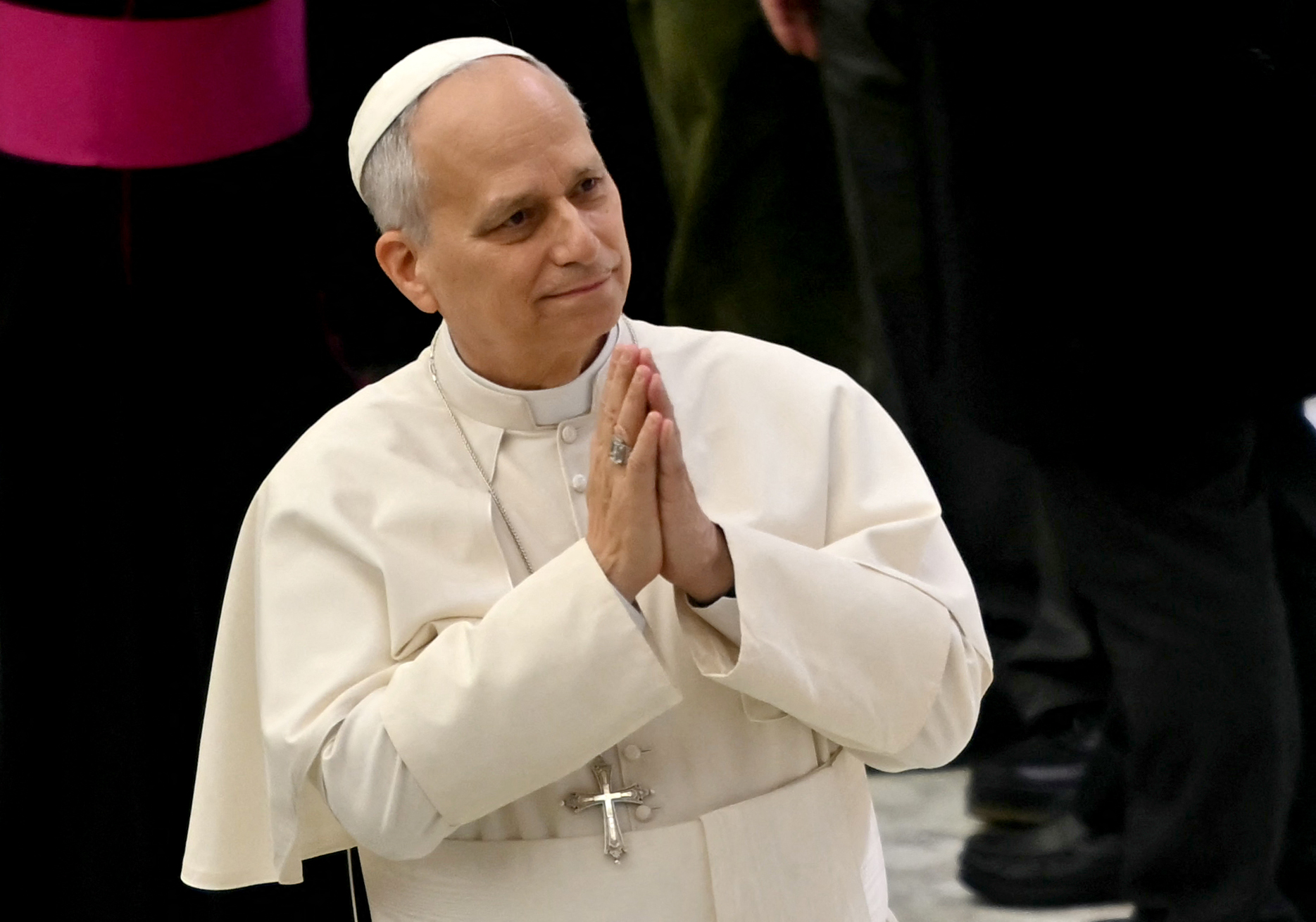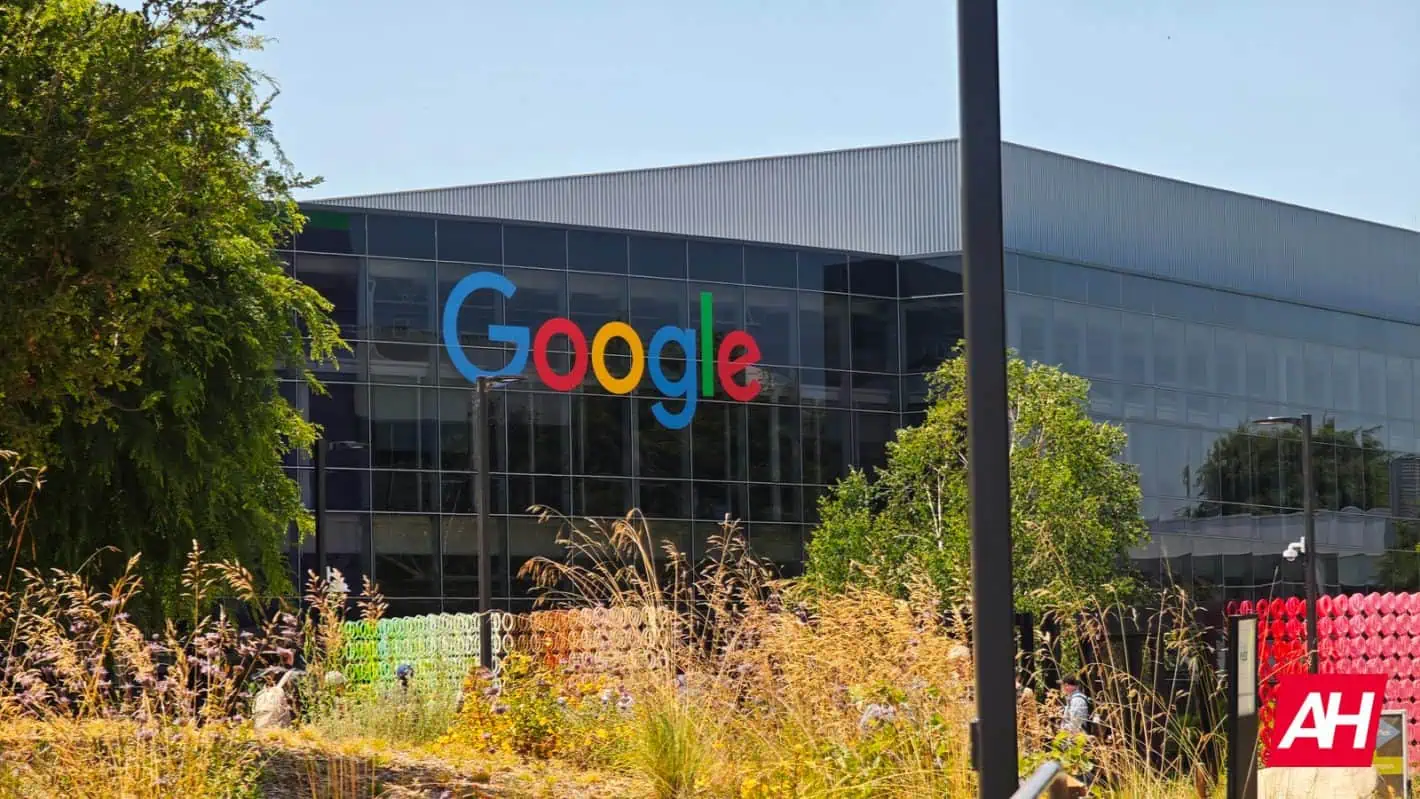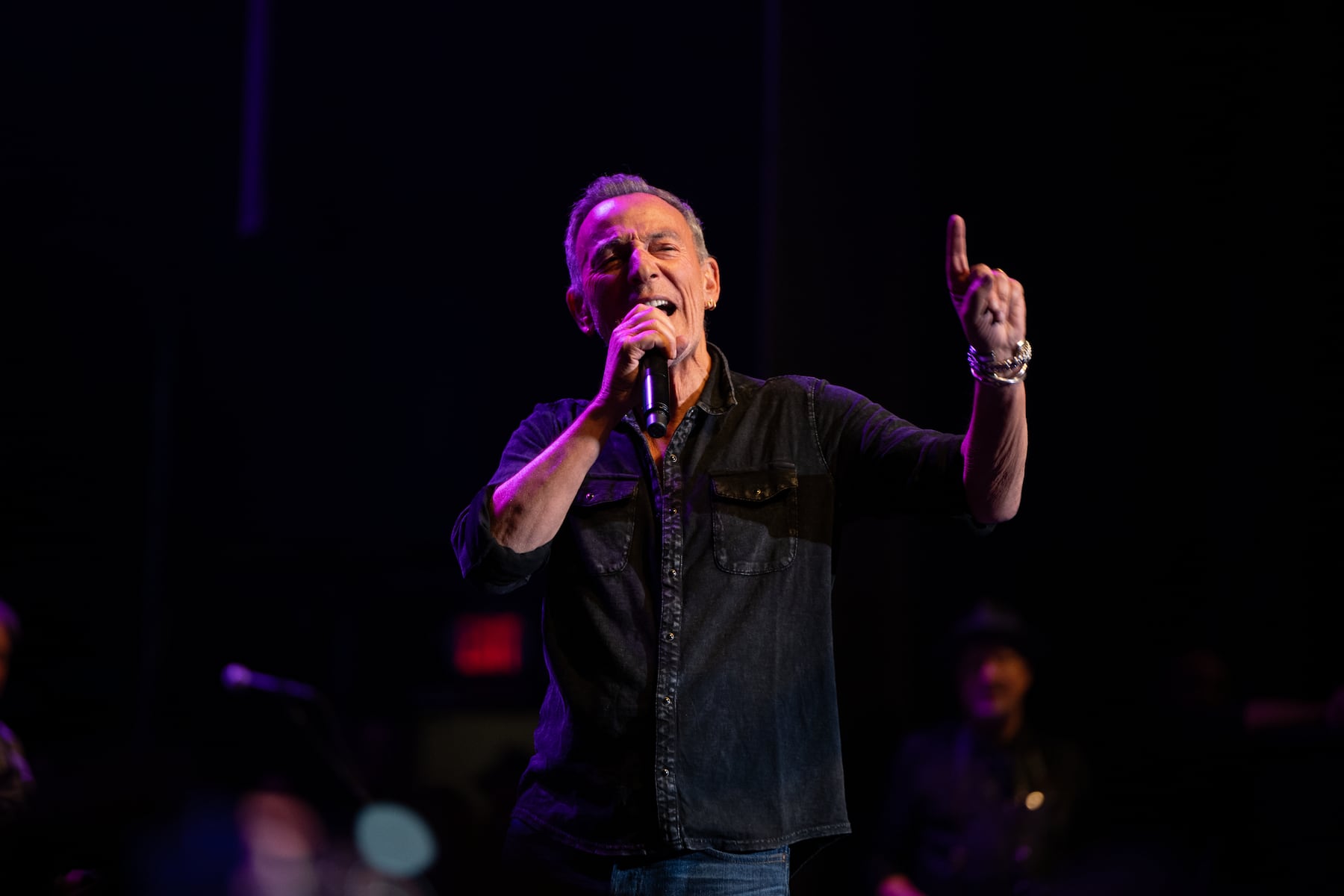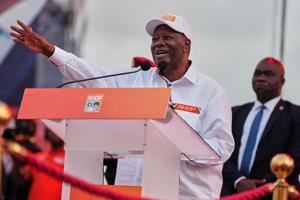
Ivory Coast is set to hold presidential elections on March 2, 2024, with incumbent President Alassane Ouattara aiming for a fourth consecutive term. This election comes amid significant controversy, as key opposition candidates have been barred from participating. With 8.7 million voters registered, polling stations will open at 08:00 GMT and close at 18:00 GMT. Provisional results are expected within 48 hours after the polls close.
The political landscape in Ivory Coast reflects a trend seen across Africa, where aging leaders continue to hold onto power despite a youthful population. At 83 years old, Ouattara’s continued rule would extend his presidency to nearly two decades. His party, the Rally of Houphouetistes for Democracy and Peace (RHDP), controls a significant majority in parliament, holding 169 out of 255 seats.
Under Ouattara’s leadership, Ivory Coast has made strides in economic recovery following years of civil unrest, achieving an impressive annual growth rate of 6%. However, these gains have not translated into widespread prosperity, with approximately 37.5% of the population living in poverty and youth unemployment remaining a critical issue.
Election Climate and Opposition Challenges
The run-up to the election has been marred by allegations of an opposition clampdown. Notable figures such as Tidjane Thiam, a former executive at Credit Suisse, and Laurent Gbagbo, a former president, were excluded from the list of candidates. Their exclusion has sparked protests, leading to several hundred arrests and heightened tensions reminiscent of past electoral violence, which claimed over 3,000 lives during the 2010-2011 crisis.
The government has imposed restrictions on gatherings, allowing only the five parties contesting the election to hold events, and has deployed over 40,000 security personnel across the nation to maintain order. Ouattara has denied any claims of suppressing opposition voices and maintains that the election will proceed smoothly.
Candidates and Campaign Promises
Alongside Ouattara, four candidates are challenging for the presidency. These include Simone Gbagbo, a former first lady, and Jean-Louis Billion, a former commerce minister under Ouattara. Analysts suggest that none of the challengers have a strong chance of defeating the incumbent. All candidates have made promises to bolster job creation and improve agricultural policies in their campaigns.
At his final rally in Abidjan on Thursday, Ouattara emphasized the need to continue the country’s growth trajectory. As a former deputy managing director at the International Monetary Fund, his focus on public sector investment and infrastructure development has garnered him a loyal base of supporters.
The international response to the election remains muted, with many experts noting that foreign powers, including France, have shifted their priorities, potentially allowing Ouattara to navigate this election with less scrutiny. As the voting day approaches, the eyes of the world remain on Ivory Coast, where the balance of power and the voices of its citizens hang in the balance.
